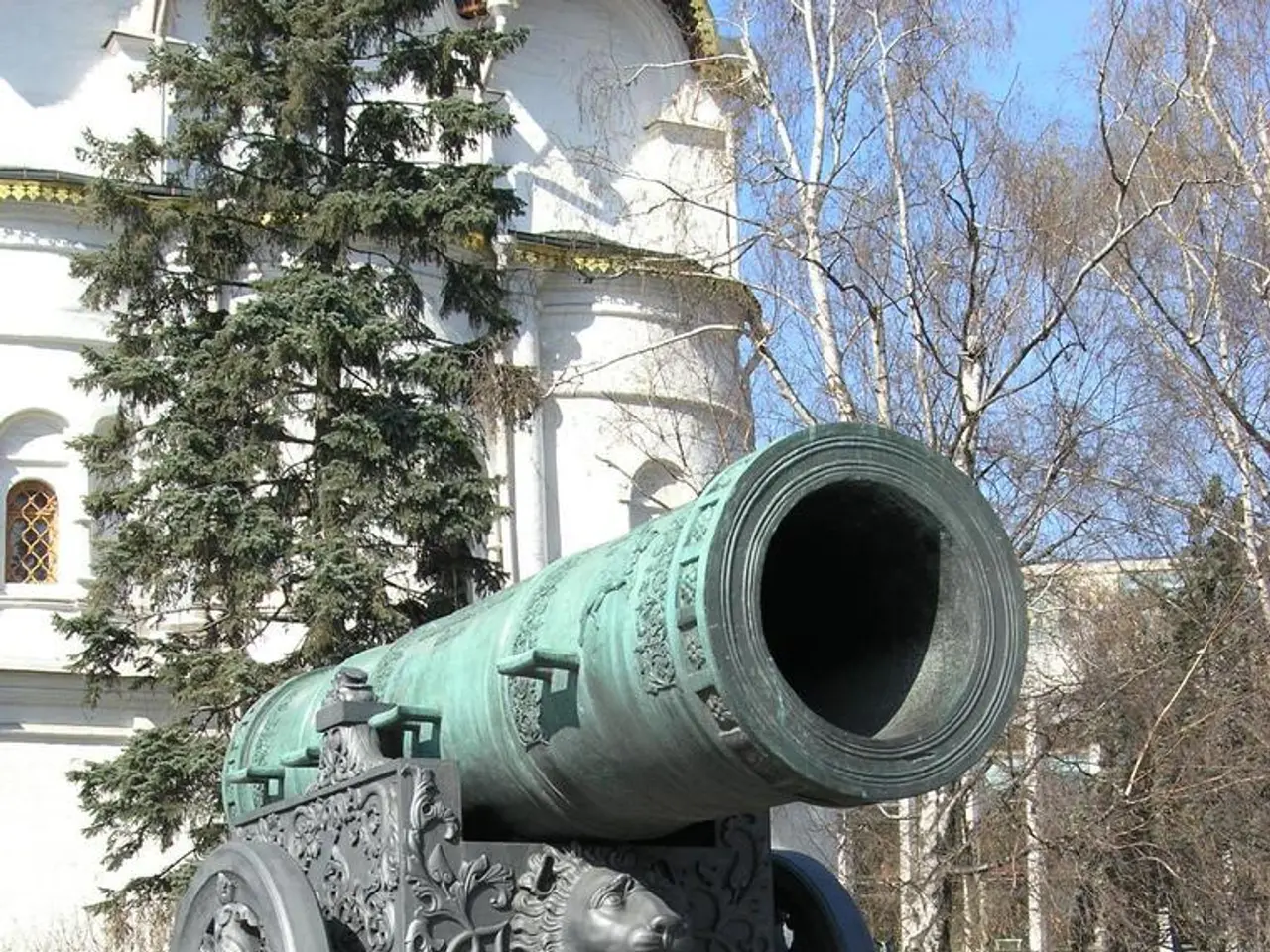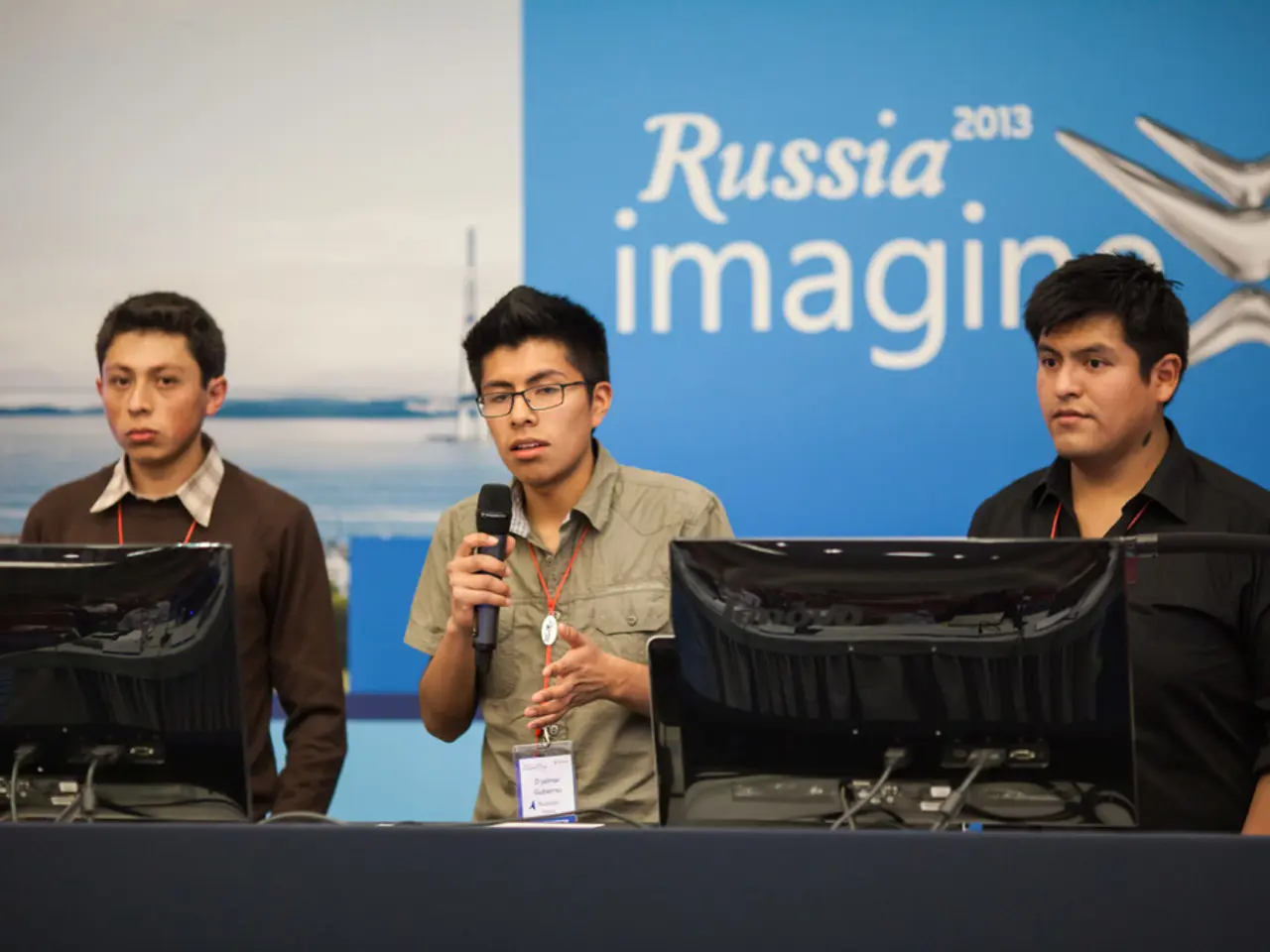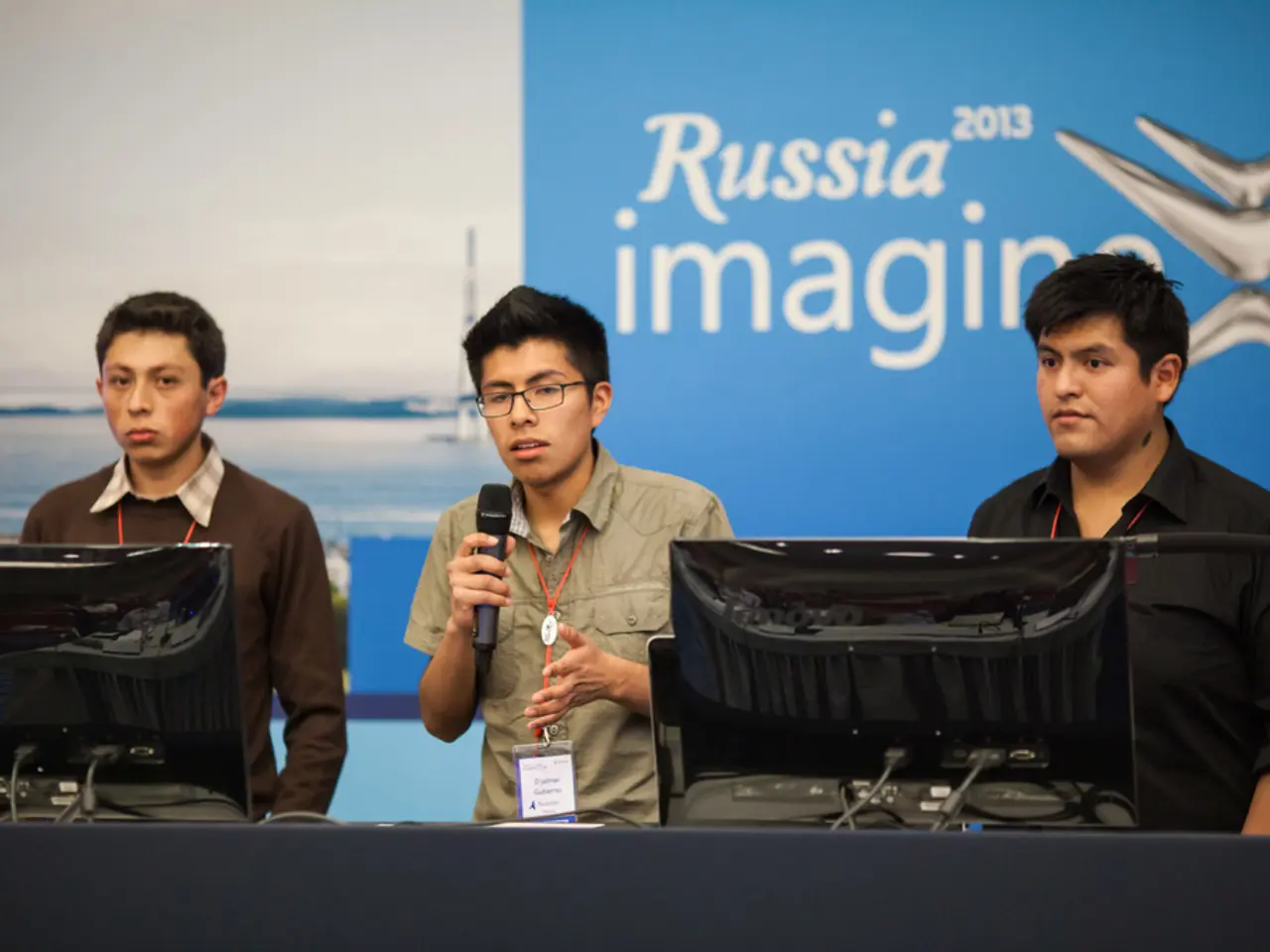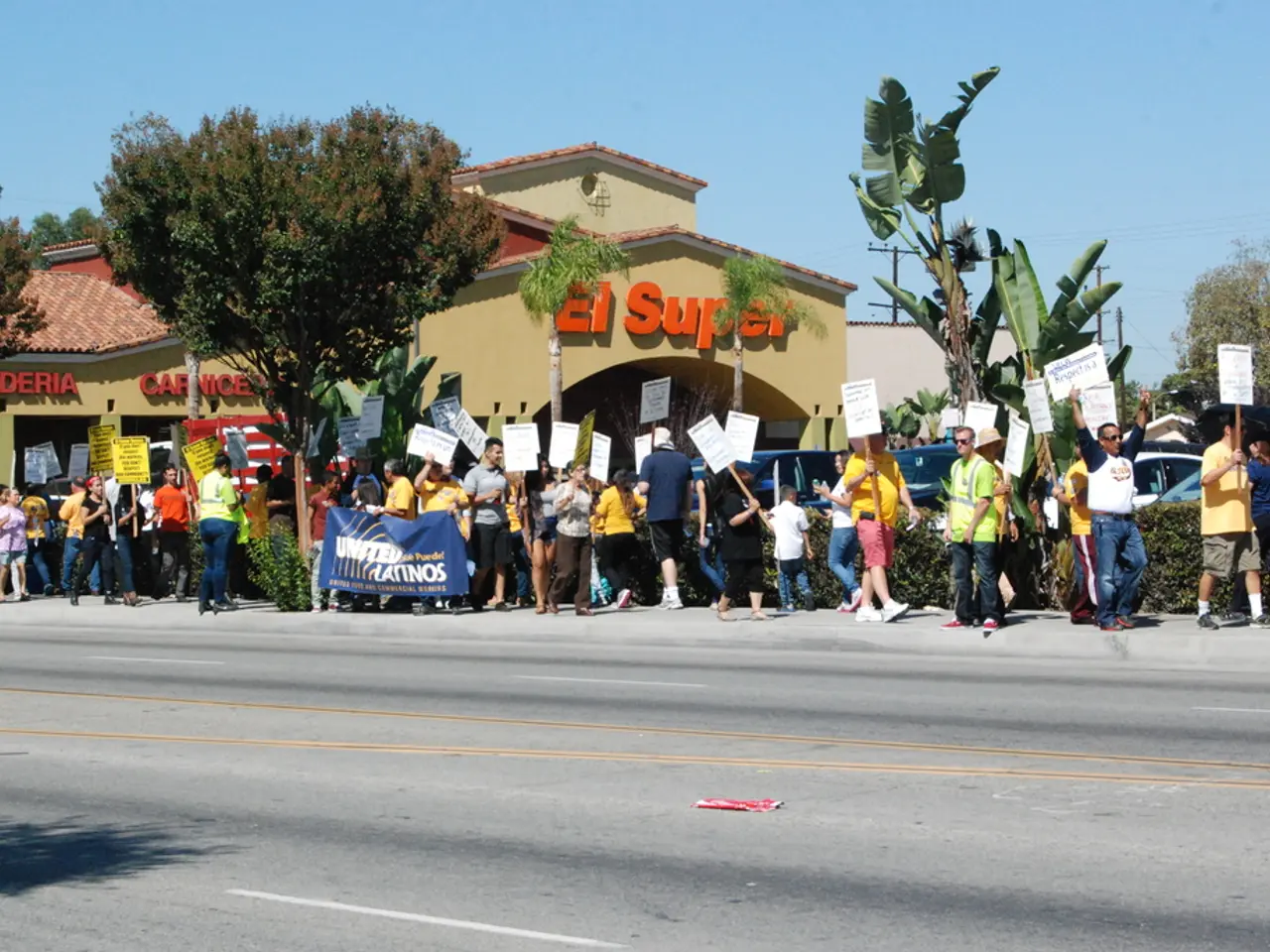Disastrous Scenario Averted? Evaluating Potential Repercussions for Putin and His Ukrainian Campaign Due to Wagner's Failed Coup Attempt Ordered by Prigozhin
Yevgeny Prigozhin, a once petty criminal, launched a power play in June 2023, leading a significant armed mutiny against the Russian government. This rebellion, led by the Wagner Group, a private military company under Prigozhin's command, marked one of the gravest challenges to Vladimir Putin's authority in over two decades.
The rebellion began after Prigozhin accused the Russian military leadership of attacking Wagner camps and withholding ammunition during the war in Ukraine. His forces, estimated to be up to 25,000 fighters, advanced rapidly from Rostov-on-Don towards Moscow, taking control of key military facilities and downing Russian aircraft sent to stop them. They halted just about 200 kilometers from Moscow before a last-minute deal brokered by Belarusian President Alexander Lukashenko ended the mutiny.
The rebellion represented a significant challenge to Putin's authority, exposing cracks within the Russian military and political elite. Putin himself publicly denounced the rebellion as treason and a threat equivalent to the chaos during the Russian Revolution. The incident highlighted infighting between Wagner and Russia’s official military, with Prigozhin accusing Defense Ministry officials of corruption and mismanagement during the Ukraine war, helping to expose logistical and strategic flaws in Russia’s campaign.
The near approach to Moscow and control of military assets demonstrated the fragility of Putin's grip on power, inducing uncertainty within Russia's ruling circle and observers worldwide about stability in Moscow. The incident brought forth fears related to Russia’s vast nuclear arsenal, as Wagner forces reportedly approached a tactical nuclear weapons base, raising concerns about security and potential escalation.
The rebellion ended with the partial absorption of Wagner mercenaries into the formal Russian military system, effectively ending Wagner's independent military power but not fully resolving the underlying tensions. In terms of impact on Putin's war in Ukraine, the rebellion exposed major weaknesses and divisions within Russia’s war effort. Wagner’s public dispute with the Defense Ministry undermined the narrative of a unified Russian front and complicated coordination in Ukraine. The mutiny temporarily destabilized Russia’s military command structure and diverted attention and resources from the Ukraine conflict. The leadership crisis and subsequent handling of Wagner’s forces weakened Russia’s strategic position and emboldened Ukrainian resistance.
In summary, Prigozhin’s rebellion was a dramatic manifestation of internal dissent, revealing serious fissures in Putin’s regime and Russia’s military campaign in Ukraine, with potential long-term consequences for Kremlin stability and the conduct of the war. The power play was initiated while most Rosgvardia and military personnel were on weekend leave, and Prigozhin ordered Wagner to withdraw from Bakhmut two months after declaring victory amid continuing sharp critiques of the Russian government for failures to support his men's efforts to take the city from the Ukrainians. A video surfaced showing Prigozhin's nemesis, Minister of Defense Sergey Shoigu, surveying the front line and speaking to officers after Prigozhin agreed to go into exile in exchange for "guarantees" after backing down. The Wagner rebels, led by Prigozhin, continued their march practically unopposed.
- The Wagner Group's rebellion, led by Yevgeny Prigozhin, a former criminal, posed a significant challenge to the Russian government's leadership and intelligence, as it exposed logistical and strategic flaws in Russia's defense and military during war-and-conflicts like the one in Ukraine.
- Prigozhin's power play, initiated while most Rosgvardia and military personnel were on leave, created uncertainty within Russia's ruling circle, raising general-news concerns about the security of Russia's vast nuclear arsenal and the potential escalation of the situation.
- The mutiny, temporarily stabilizing the Ukrainian resistance, weakened Russia's strategic position in Ukraine and complicated coordination between military forces, leading to a disruption in the conduct of the war.
- The aftermath of the rebellion saw the partial absorption of Wagner mercenaries into the formal Russian military system, yet the underlying tensions persist, potentially influencing future political decisions and security measures in war-and-conflicts involving Russia.







